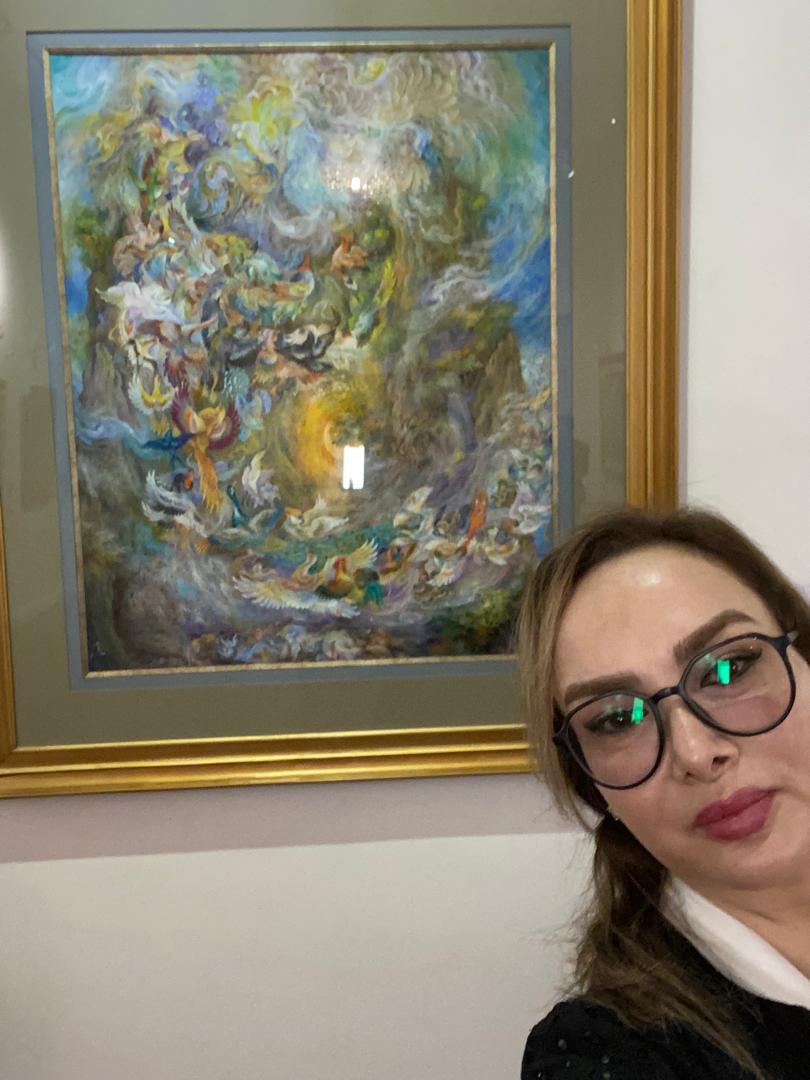
Reflections on the Art of Tutoring: Beyond Knowledge Transfer
Tutoring often seems like a straightforward exchange: a tutor imparts knowledge, and the student absorbs it. However, effective tutoring transcends this transactional model. It’s an intricate dance between understanding, empathy, and strategy. The goal isn’t merely to teach content but to inspire confidence, curiosity, and a genuine love for learning.
One of the most profound realizations I’ve had as a tutor is the importance of adaptability. No two students learn the same way, even if they’re grappling with the same material. A one-size-fits-all approach rarely works. Some thrive on structure and methodical explanations, while others need stories, analogies, or hands-on activities to make abstract concepts tangible. The art lies in observing, experimenting, and refining methods until that “aha” moment arrives.
Consider a student struggling with Shakespeare. At first glance, the language might seem archaic, the themes distant. But unpacking the universal emotions—love, jealousy, ambition—through modern parallels can suddenly make the material come alive. The same is true for mathematics. Transforming a daunting algebra problem into a relatable real-world scenario often helps students see its relevance and feel more connected to the subject.
A key strategy I’ve embraced is encouraging students to ask questions—not just for clarity but as a way to engage deeply. This cultivates critical thinking and helps them take ownership of their learning journey. Tutoring, in this sense, isn’t about giving answers but guiding students to discover them independently.
Tutoring is as much about mindset as it is about academics. The most rewarding sessions are those where a student not only masters a concept but leaves feeling capable and empowered. It’s a reminder that education isn’t just about grades or assessments—it’s about shaping resilient, curious minds ready to face challenges beyond the classroom.
Daniel Aghmesheh

